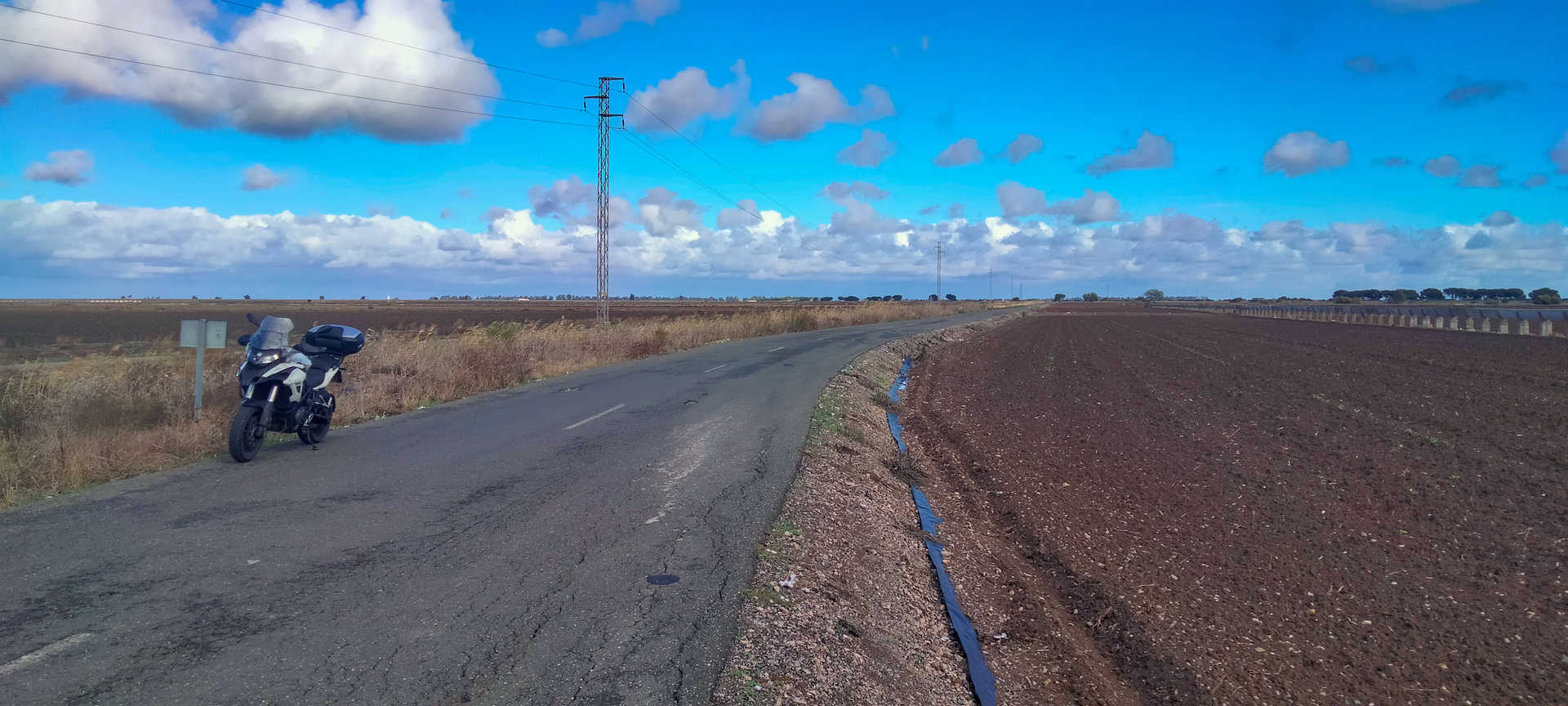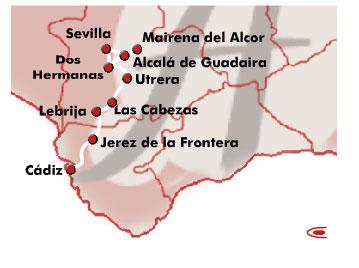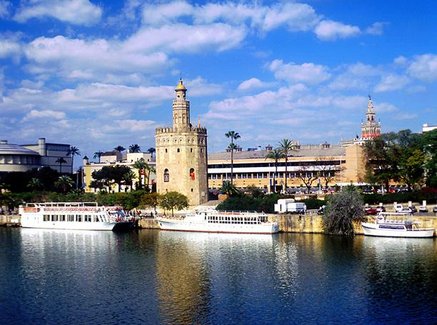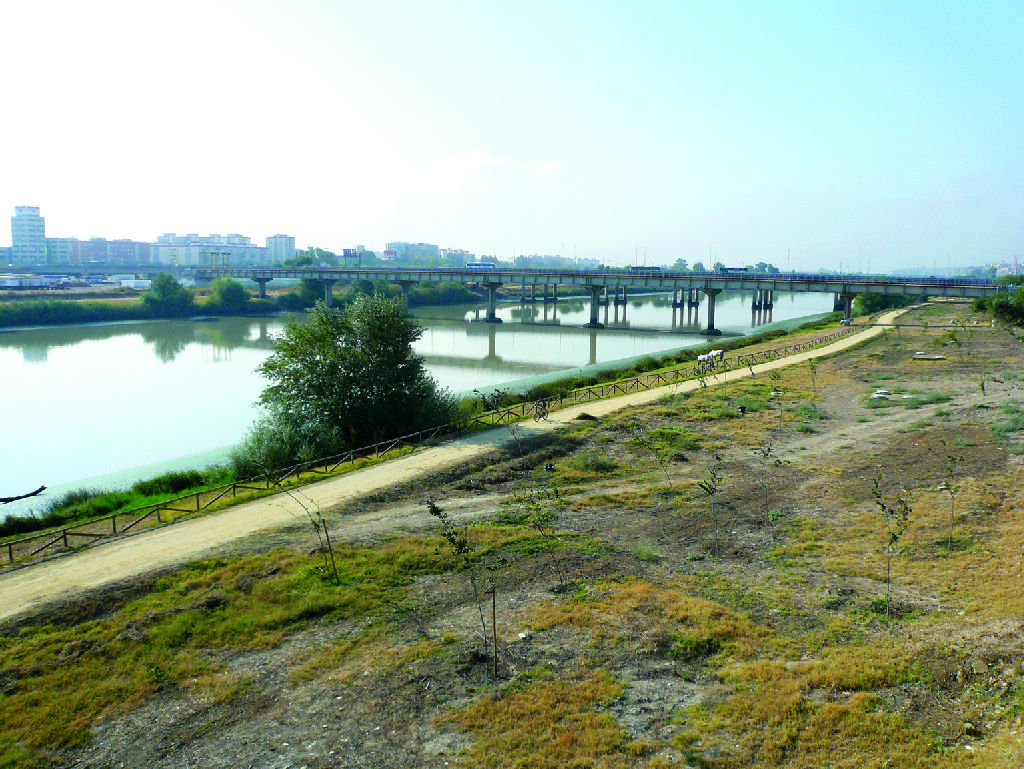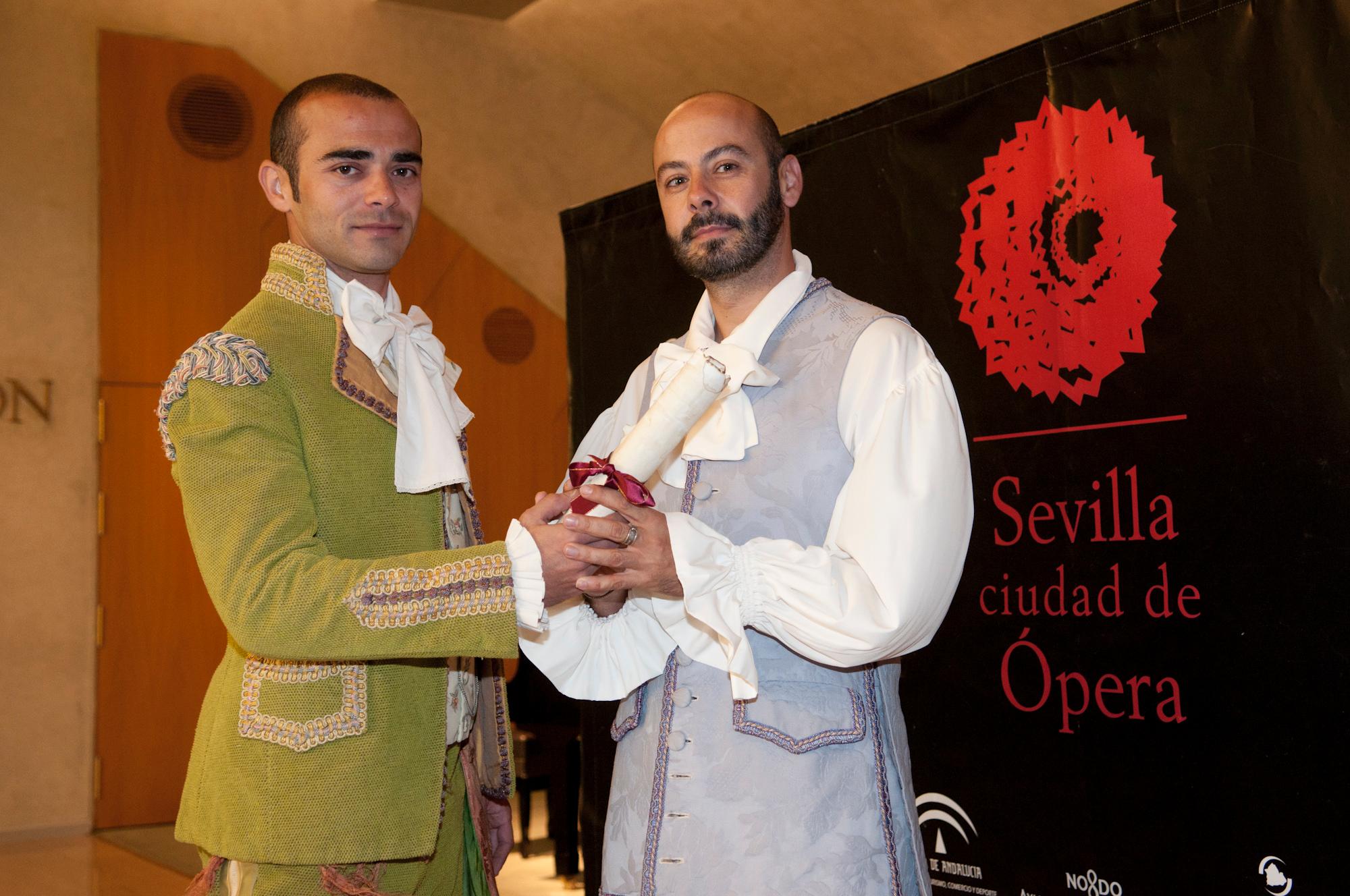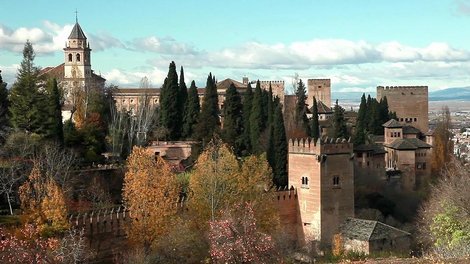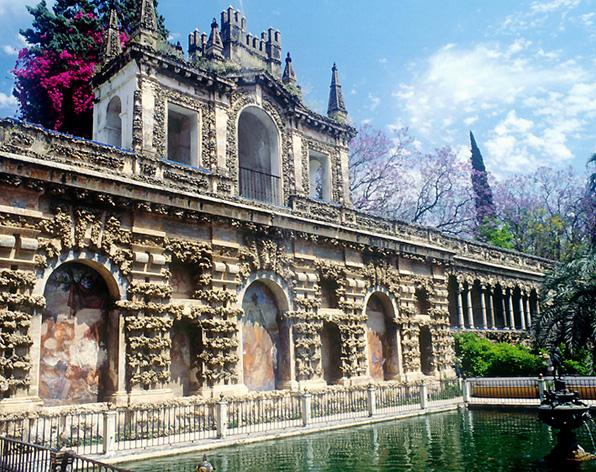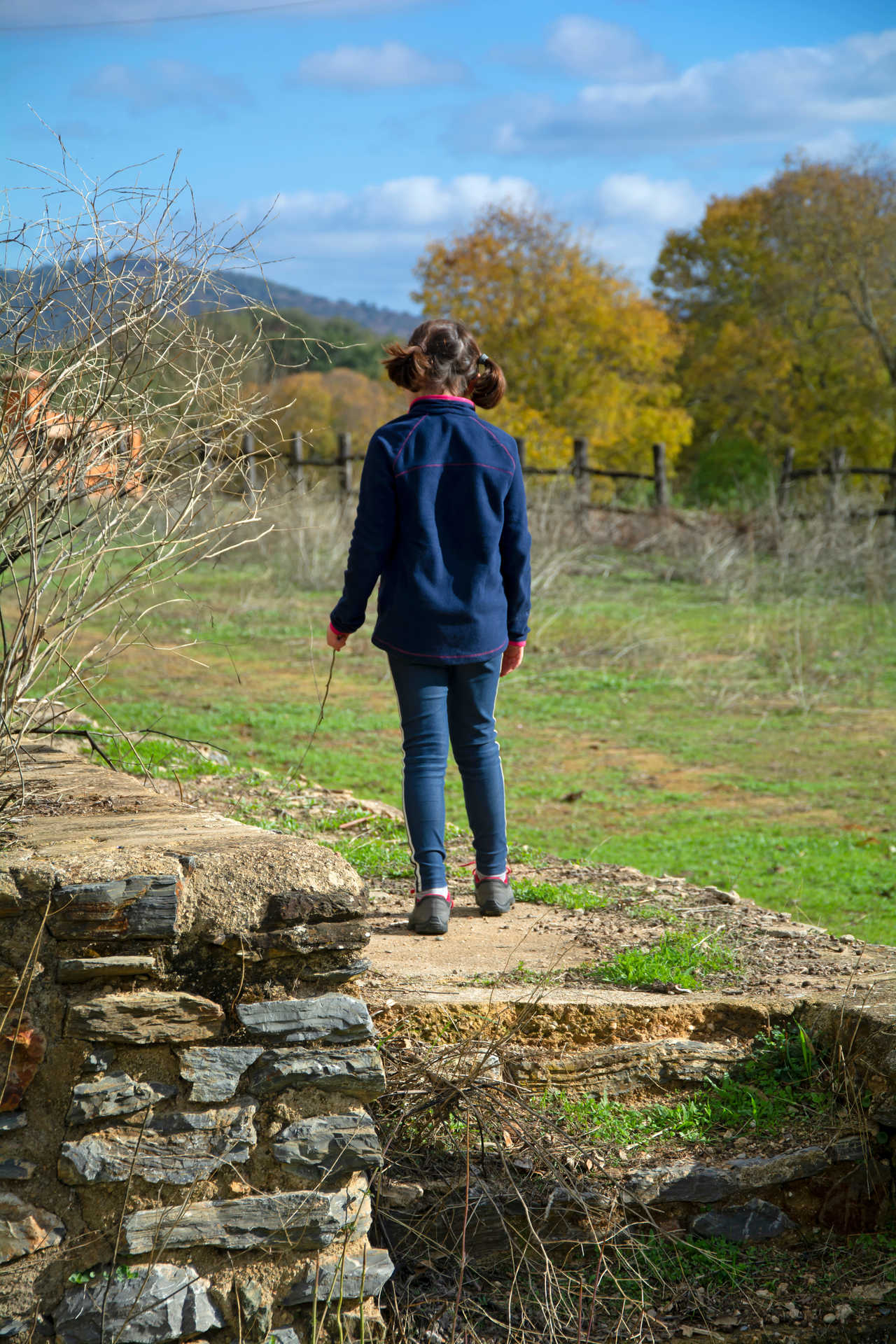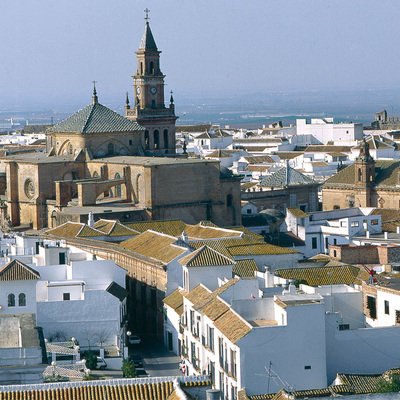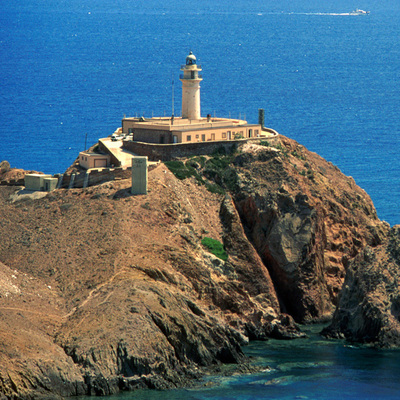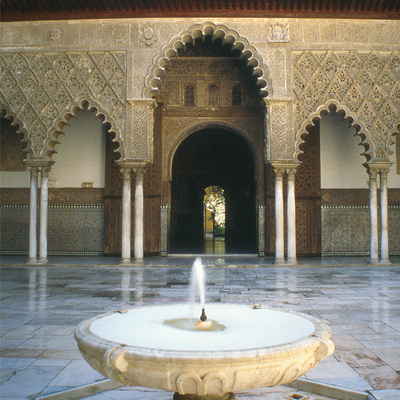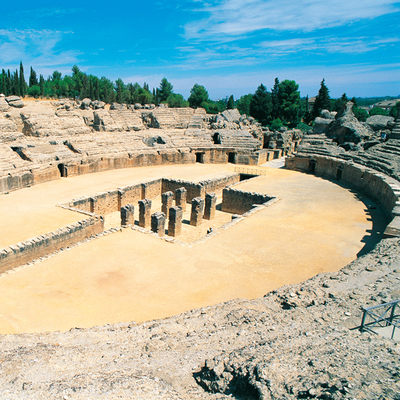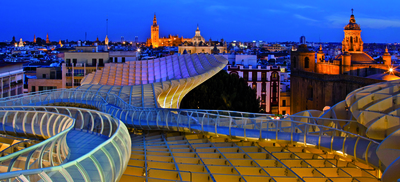Jewellery and goldwork

Although Almería was well-known for having the largest gold deposits in the country (the famous mines of Rodalquilar, now closed), it never made its own distinctive jewellery, although recently in the city Almería a large amount of red coral items are being made..
In Cádiz, the oldest city in Europe, the civilizations that have followed, left evidence of techniques for working in precious metals, as demonstrated in the pieces on display at the National Archaeological Museum and the Cadiz Archaeological Museum. Furthermore, in 16th, 17th and 18th centuries, a great deal of religious goldwork was produced, but has gradually been in decline until the present day.
Jewellery made in Córdoba, is a business of great economic and social importance in the city, and has the largest concentration of workshops in Spain, with long experience in the design and development of products and creativity. It is so important that the name Cordoba-style jewellery has international recognition.
Crafts in precious metals were highly important in Granada, with workshops grouped in El Zacatín and La Alcaicería as main shopping and craft centres in the city. Today, there are still a considerable number of workshops, which work to orders from individuals, and are mainly engaged in making personal jewellery.
Currently crafts in precious metals are less present in Huelva, despite the importance the province had in the past because of its mineral deposits.
The province of Jaén had periods of great splendour until the 18th century, although today there are few craftspeople working with precious metals.
Malaga and the province today mostly has jewellery and costume jewellery makers interested in new creations, although goldwork for religious items, which was a feature of Malaga in the 16th, 17th and 18th centuries, is still well represented.
The religious work for Easter and church buildings has marked the splendour and wealth of precious metalwork in Seville for centuries. And probably there is nowhere else in Europe like Seville, where such artistry has continued uninterrupted. Today, it is known not only for its work with religious pieces, but also for the restoring the National Heritage.
Itineraries
Services and infrastructure
Segments
Specialties
Season
You may be interested
